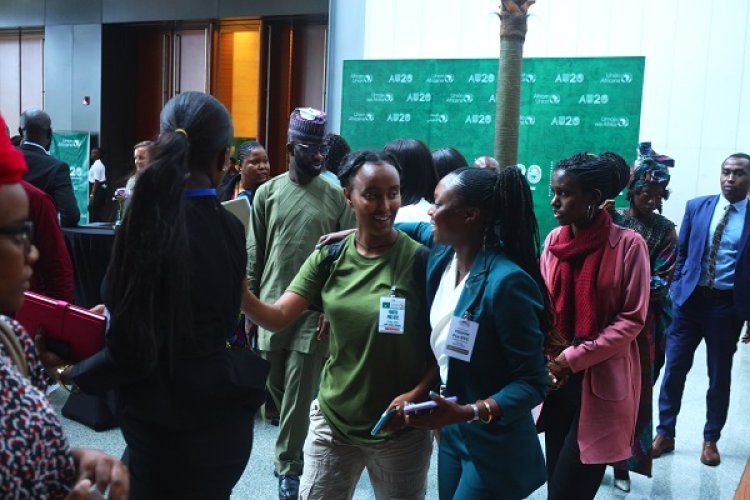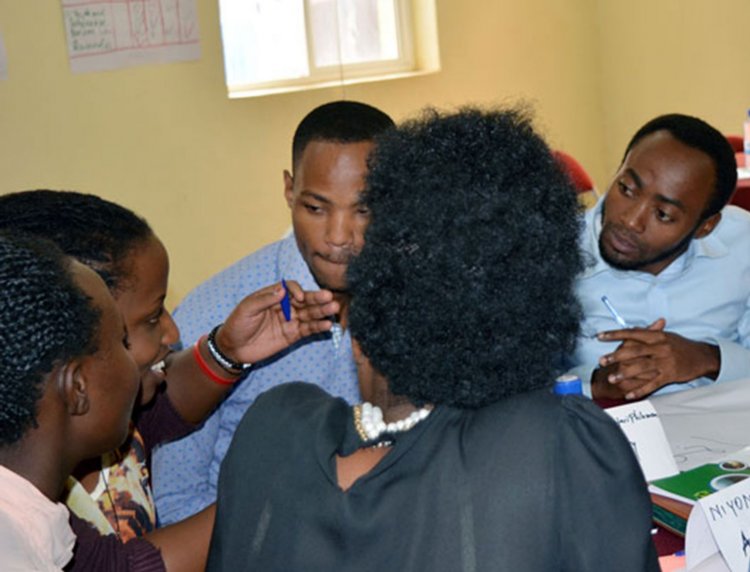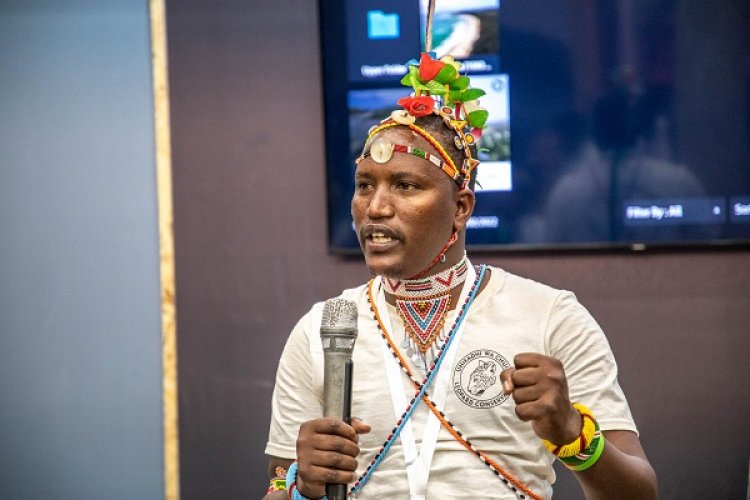The issue of jobs and employment opportunities creation for young people is expected to take centre stage when African Union (AU) member States’ ministers meet in Addis Ababa this week to devise priorities for youth development and empowerment.
Their meeting under what’s popularly known as Specialized Technical Committee (STC) on Youth, Culture and Sports does follow up and evaluation of the implementation of decisions and projects by AU organs in the area of youth development.
It is being held for the first time in four years after the coronavirus pandemic stood in the way of its biannual schedule.
Growing concerns over rising rate of youth unemployment saw the AU embark on the job creation drive dubbed One Million Next Level, an initiative launched by Chairperson Moussa Faki Mahamat on the occasion of the 3rd Pan African Youth Forum last year to create work opportunities for 300 million youth across the continent by 2030.
ALSO READ: We want more young people at the decision-making table – AU Youth Envoy
Besides, the continental organization, which celebrates the 60th anniversary this month, seeks to capitalise on youths’ creative and innovative potential across sectors to achieve desired gains under the continental free trade market (AfCFTA).

Transformation
However, analysts say the above calls for structural changes for economies to unleash potential of young people, and for the labor market to priorities youth in wealth creation in view of ongoing digital transformation.
“A clear youth employment strategy is urgently needed in each member country along with pro-employment macroeconomic policies which address the needs of labour markets,” African youth pointed out in recommendations compiled for consideration by experts sessions that kicked off Monday and subsequent ministerial meetings.
Other demands by the youth include reforms and increased funding to education, support to youth enterprises, as well as increased representation in governance, among others.
Official statistics suggest that economic growth recorded in many African countries are far from translating in work opportunities for the young people who make up 60 per cent of Africa population.
There are at least 11 million young people coming to the labor market every year in search of work, yet only 3 million jobs are created, leaving estimated 8 million without work, according to International Labour Organization (ILO).
The organization also indicates that youth made up 23.5 per cent of the poor recorded in Sub-Saharan Africa over the past 5 years.
Not enough decent jobs
ILO further raises questions as to whether jobs that are created are decent and productive enough to warrant young people ability to create wealth, with data suggesting that a section of the employed youths work in informal sector in precarious conditions.
“The question is how do we get [economic] growth that lead to productive and decent jobs for the 8 million young people who can’t find jobs. There are simply not enough jobs and employment opportunities out there, and the jobs that are there are of very poor quality,” said Alexio Musindo, ILO representative to the AU.
According to Mr. Musindo, past initiatives and interventions by governments and partners have not given desired results as they are fragmented and largely underfunded.
The question is how do we get [economic] growth that lead to productive and decent jobs for the 8 million young people who can’t find jobs. There are simply not enough jobs and employment opportunities out there, and the jobs that are there are of very poor quality.
Alexio Musindo, ILO representative to the African Union
Meanwhile, he said ILO and AU were jointly working on a youth employment strategy for Africa, and are carrying out consultations with young people to co-create the document that will guide all stakeholders on youth development and empowerment.
Input from young people and AU partner organisations point to the fact that gains envisioned by under AU Agenda 2063, and more specifically the success of AfCFTA in terms of boosting intra Africa trade and expanding the size of Africa’s economy won’t be achieved in absence of active role of the youth.
ALSO READ: Youth demand lead roles, funding in drive to fight climate change
“Africa needs to educate its young people to make sure thay are equipped with the right skills for the job market, and adopt the policies that give them the opportunities to become enterpreneurs and wealth creators,” said Dr. Laila O. Gad, representative UN’s International Children’s Emergency Fund to the AU.
She indicated that there will be need to, among other things, increase education funding and improve the quality of the education sector as well as prioritising science, technical and vocational education driven by industry needs.
“These actions are indeed transformative and will require all our sustained support, engagement and effort to make them a reality for every young person in Africa,” she adds.










